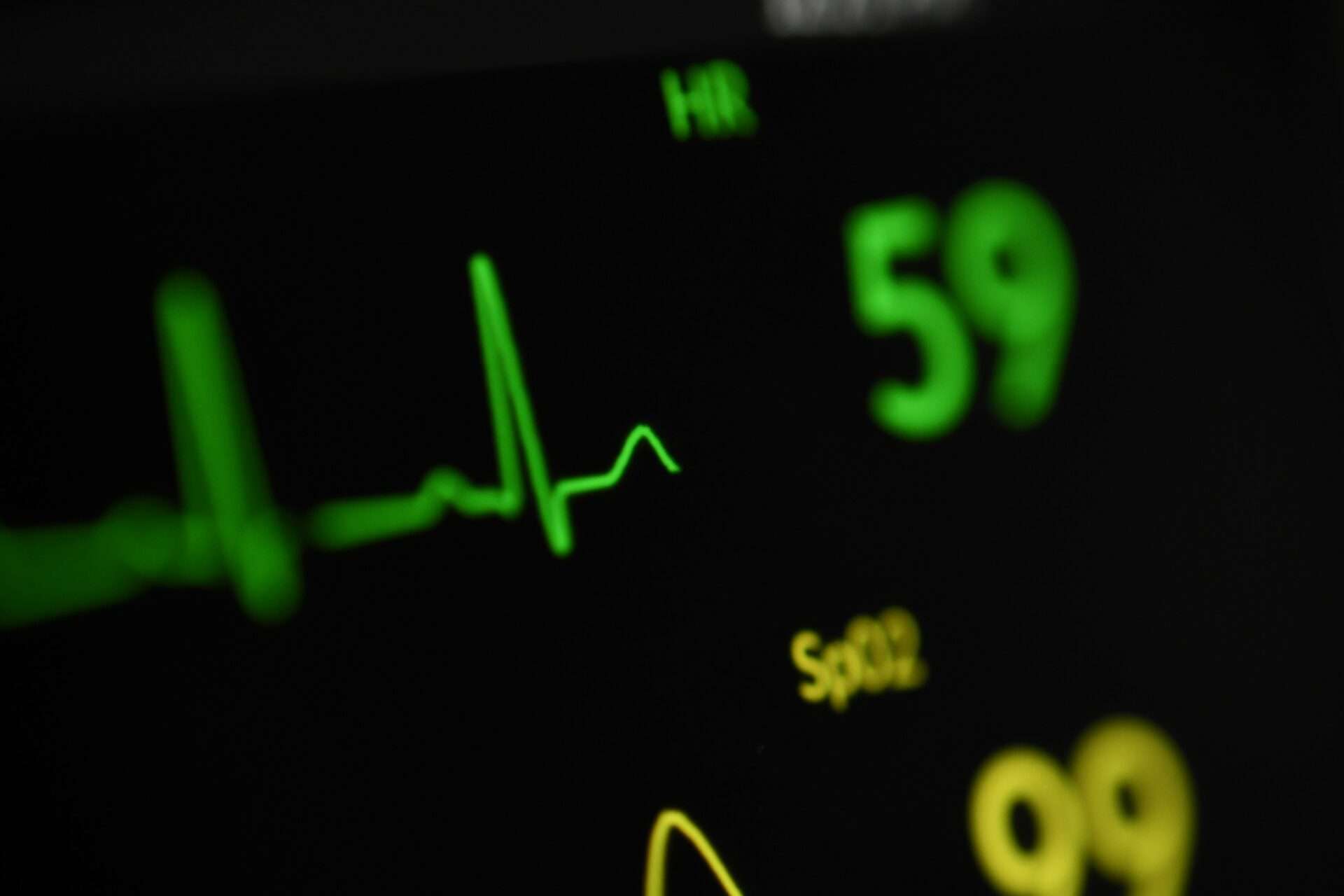The Power of Heart-Rate Training
Heart-rate training tailors workouts to your physiology, maximizing efficiency and results. By training within specific heart-rate zones, you can target fat burning, endurance, or peak performance.
Key Benefits
- Precision: Train at exact intensities for your goals
- Progress tracking: Quantifiable fitness improvements
- Injury prevention: Avoid overtraining with clear limits
- Versatility: Adaptable to all fitness levels
Essential Heart-Rate Zones
| Zone | % of Max HR | Purpose |
|---|---|---|
| Recovery | 50-60% | Active recovery |
| Fat Burn | 60-70% | Endurance building |
| Aerobic | 70-80% | Cardiovascular fitness |
| Anaerobic | 80-90% | Performance training |
Getting Started
Choosing Your Monitor
- Chest straps: Most accurate for real-time data
- Wrist-based: Convenient for daily tracking
- Features: Consider GPS, battery life, and app integration
Creating Your Training Plan
- Calculate max HR (220 – age)
- Determine your target zones
- Mix zone workouts weekly
- Gradually increase intensity
Advanced Techniques
Interval Training
Alternate between 85-90% and 60-65% max HR to boost VO2 max. Example structure:
- Warm-up: 10 min at 60% HR
- Intervals: 1 min hard (85%), 2 min easy (60%)
- Repeat 6-8 times
- Cool-down: 10 min at 60% HR
Endurance Building
Maintain 70-75% max HR for 45+ minutes to enhance aerobic capacity. Ideal for marathon training.
Common Mistakes
- Over-reliance on numbers: Combine with perceived exertion
- Static zones: Recalculate as fitness improves
- Ignoring recovery: Schedule 1-2 rest days weekly
Maximizing Results
- Vary workouts across all zones weekly
- Sync training with nutrition/hydration
- Track trends over weeks, not single sessions
FAQ Highlights
- Best time to measure: Morning resting HR
- Zone adjustments: Every 4-6 weeks
- Weather effects: HR increases in heat/humidity
Number of Views: 3



